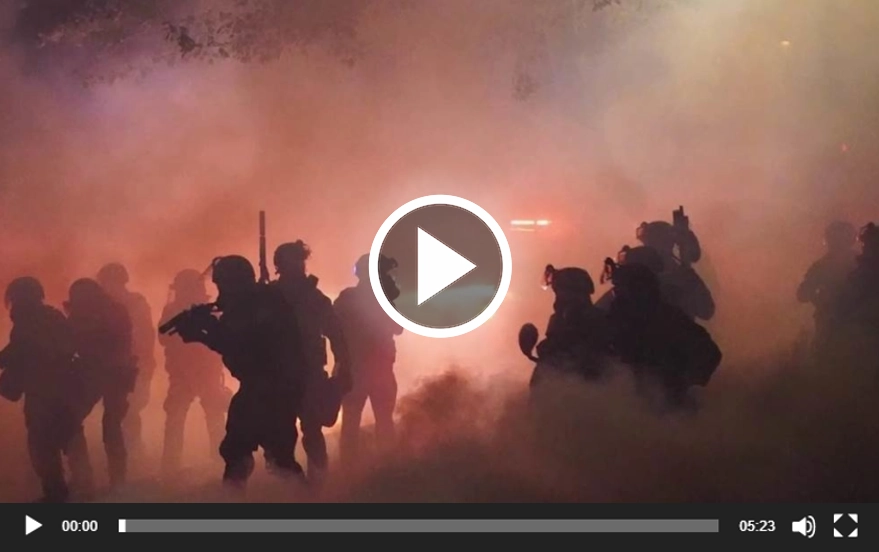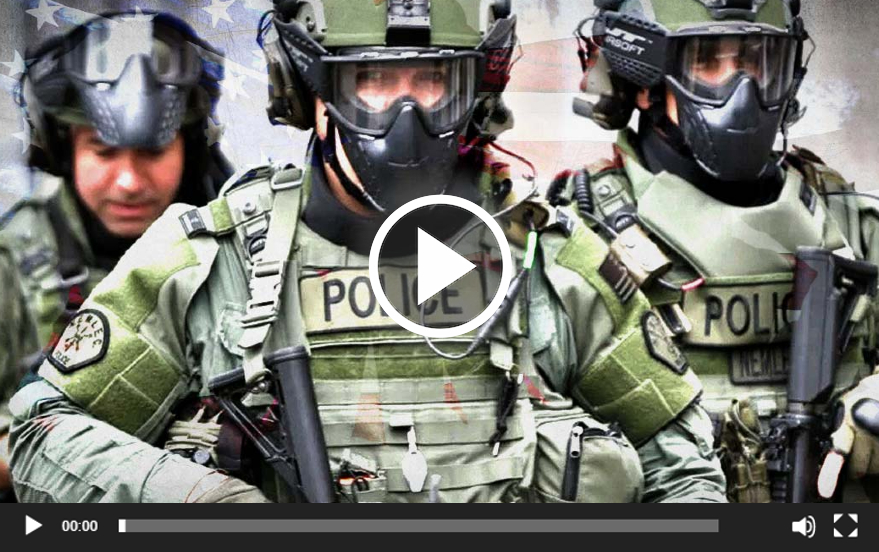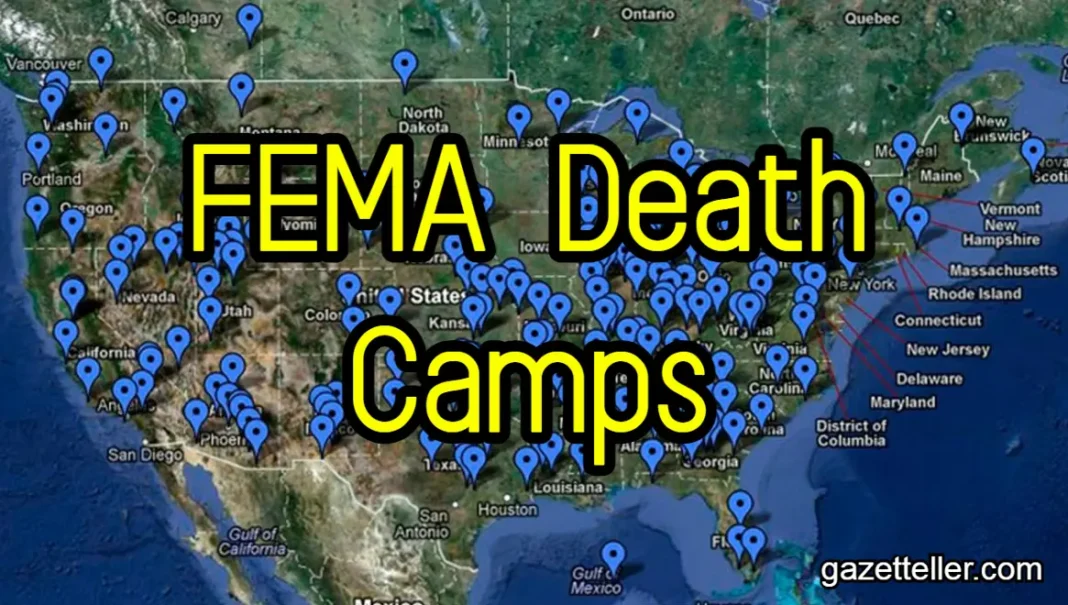Knock, knock. The sound echoes through the corridors of your home. You open the door, and there stands an agent, badge gleaming, representing the Federal Emergency Management Agency (FEMA). “For your safety,” he says, “we’re relocating you and your family. Hand over your firearms and any stockpiled food.” Your heart races. What’s happening? Why is FEMA at your doorstep?
Established in 1979 under President Carter, FEMA was created to ensure a coordinated response to national crises. The nation was divided into ten regions, each with its unique emergency measures based on factors like population density and geography. Sounds like a noble cause, right? But what if there’s more to it than meets the eye?
Hidden from the public eye, a significant portion of FEMA’s resources has been funneled into the Federal Government’s black budget program. Only a select few in Congress were privy to this information. So, where did all that money and manpower go?
Enter the brave journalist, Alfonso Chardy from Miami Herald, who unveiled the chilling Rex 84 plan. This top-secret initiative simulated the relocation and detention of American citizens labeled as “national security threats” during emergencies. But where would these citizens be moved?
Must See – Decoding FEMA’s Moves: Your Blueprint to Staying Safe and Protecting Your Number One Asset – YOU!

Rumors swirl of over 800 clandestine facilities spread across the U.S., with some, like the one near Fairbanks, Alaska, capable of housing up to 2 million people. Yet, Alaska’s population is less than 800,000. So, who are these camps intended for?
These ghostly facilities, eerily vacant, seem to be waiting for a significant event. An event that could lead to you, and countless others, being whisked away to these undisclosed locations.
In the aftermath of the tragic events of September 2001, FEMA was integrated into the Department of Homeland Security. Disturbingly, recent studies funded by the DHS have labeled devout Christians and responsible gun owners as potential “domestic terrorists.” The Federal Government even allocated a staggering $16 million to a program aimed at identifying these so-called threats.
History has shown us the lengths to which the government can go. Between 1942 and 1946, over 125,000 Japanese-Americans were forcibly detained in internment camps. The chilling words of Colonel Karl Bendetsen, who stated that anyone with even “one drop of Japanese blood” should be apprehended, still echo in our ears.
Viral Content: Brace Yourselves… A Storm is Coming! You Just Have to Know Where to Look!
So, what makes you a target? Perhaps your preparedness, your stockpiles of food, or your ammunition. Don’t be lulled into a false sense of security, thinking FEMA will care for you once detained. Their Crisis Relocation Plan could see a staggering 65% of the U.S. population “evacuated” and placed under their watch in mere days.
The strategic placement of these facilities, often in remote areas, suggests a grand plan to detain and transport citizens to their final destinations. Whether you’re in a bustling city or living off-the-grid, don’t be fooled into thinking you’re safe. Many of these camps are strategically located near railroads or potential makeshift runways, ensuring swift transportation.
Some facilities, like those in Millard County, Utah, and Lewisburg, West Virginia, have historical roots, once housing German POWs and Japanese-American citizens during World War II. Even offshore bases, like the notorious Guantanamo Bay, could be repurposed as detention centers.
FEMA’s covert operations have been nothing short of impressive. Despite the scale of their operations, they’ve managed to keep their activities under wraps, with only the occasional leak making its way to the public. But these leaks are swiftly dealt with, ensuring the narrative remains controlled.
However, the silence of mainstream media doesn’t negate the existence of these ominous facilities. They’re out there, looming in the shadows, waiting for the day they spring into action and detain the unsuspecting masses.
But the crux of the matter isn’t their existence. It’s undeniable. The real conundrum is: how do you ensure you and your loved ones don’t become their next detainees?
When disaster strikes, the pace of events will be dizzying. With martial law imposed, FEMA, in collaboration with the US military, will swiftly round up those they deem “undesirable.“
The initial days of a crisis are crucial. Merely ignoring that ominous knock won’t suffice. They’ll breach your sanctuary, dragging you and your family away. Your salvation lies in a sanctuary, invisible to the prying eyes of FEMA agents and their high-tech drones.
I’ve built one, a stone’s throw from my residence, as my refuge when anarchy reigns and martial law is enforced.
If you wish to evade the clutches of a FEMA camp when the world descends into chaos, you might want to consider building one too.
Must Watch – Don’t Be a Victim! Essential Tips to Fortify Your Home Security Instantly!





